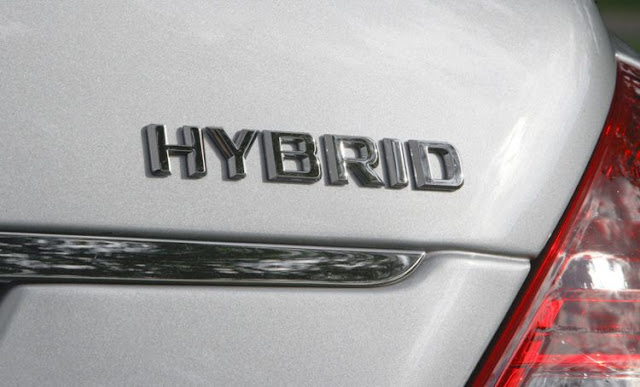Audi's Stronghold in China Threatened by BMW, Mercedes-Benz
For the last 20 years, Audi has been top dog in the Chinese luxury auto market. Now its reign could be threatened as BMW and Mercedes-Benz begin to gain traction in the emerging market.
"Mercedes and BMW have more up side than Audi in emerging markets, so it will be difficult for Audi to achieve its target," London-based automotive analyst Arndt Ellinghorst told Automotive News. As the world's single largest automotive market, Chinese customers are increasingly important to BMW and Mercedes. As a result, both have crafted vehicles specifically aimed at the Chinese market. Tomorrow at the Beijing auto show, BMW will unveil an extended 5 Series, while Mercedes is set to debut its new longer E Class. The reasoning for extended wheelbases is that the wealthier Chinese population is typically chauffeured.
Earlier this month, Audi posted its first quarter sales figures. With a strong start to 2010, Audi was able to secure the second place spot in global luxury sales, bumping Mercedes down to third. The Ingolstadt based automaker hasn't fared so well in China lately. Over that last 6 years, Audi's market share has slipped from 66 percent down to 46 percent. BMW has climbed from 16 to 23 percent, while Mercedes more than doubled its share, from 7 to 16 percent.
Audi had 159,000 deliveries in 2009, but has a goal to sell 200,000 this year. On track for that target, it sold 51,449 in the first quarter this year. Last year BMW sold 90,500 vehicles, but is on track to surpass that mark, with 34,179 sold through March. Mercedes sold 24,100 vehicles in the first quarter of 2010, and should meet its 100,000 sales goal. BMW is investing $749 million in a new Chinese factory to double capacity to 100,000 units annually. Mercedes already has a 100,000 unit production capacity in China.





Source: Automotive News (Subscription required)
 10:17
10:17
 crack hotmail accounts
crack hotmail accounts
















